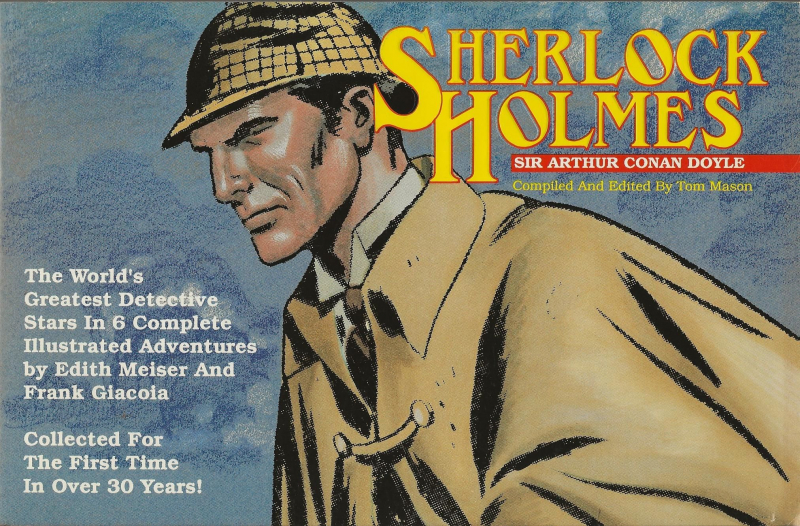Sherlock Holmes
The fictitious character Sherlock Holmes is among the most famous literary characters of all time. He was developed and established by the Scottish author Arthur Conan Doyle. Holmes originally appeared in Conan Doyle's A Study in Scarlet, which was published in Beeton's Christmas Annual in 1887. This short story is regarded as the prototypical model for the contemporary genius detective.
Throughout the series, Sherlock Holmes chased criminals across Edwardian and Victorian London, the southeast parts of England, and mainland Europe as the world's first and only "consulting detective." Although the fictitious detective had been somewhat inspired by Émile Gaboriau's Monsieur Lecoq and Edgar Allan Poe's C. Auguste Dupin, Sherlock Holmes had a unique influence on the public consciousness and has become the most lasting detective tale character.
Conan Doyle also created the tactics and mannerisms of Sherlock Holmes based on those by Dr. Joseph Bell, his professor at Edinburgh Medical School. Specifically, Holmes's unique ability to collect evidence based on his trained abilities of observation and logical reasoning resembled Bell's way of diagnosing a patient's illness.
Holmes explained his process by stating, "When you have eliminated the impossible, whatever is left, however implausible, must be the truth." When his partner, Dr. John Watson, describes the murder cases they follow together, Sherlock Holmes' extraordinary detection skills become more evident to the audience, but no less astounding.
Although Holmes rejects praise from other people and describes his talents as "elementary," the term "Elementary, my dear Watson" does not exist in any of Conan Doyle's works, which is why the series still leaves an impact on readers today.
Book: Sherlock Holmes
Author: Conan Doyle








